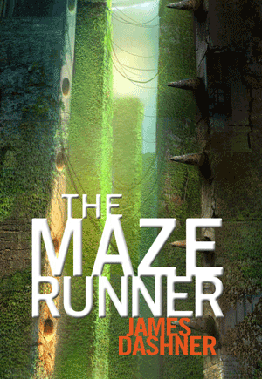The week has given me quite a lot to celebrate. Christmas. New books. New clothes. Tomorrow is New Year's Day. And now, I present my 50th post! What a milestone!
When I started blogging in February this year, I really had no idea what I was doing. Someone just told me I should start a blog, so I did - what could possibly go wrong? But I had no idea what I wanted to achieve, or whom I wanted my audience to be, or what it was I wanted my blog to be. I had no goals.
However, the new year is almost upon us, I've reached a milestone post, and I feel I've been goal-less for quite long enough! So, here's how I've gone about creating goals for Writing Fire for 2012, and here's my advice on doing the same for your own blog:
- Brainstorm. Get a blank piece of paper and write in the middle, "Words that I want to describe my blog." Then, around the outside, write just that - things you want your blog to be. These words could be very different to each other (quirky but professional, for example). Doesn't matter. Write them down.

- Expand. Encompassing the words you put down in your brainstorm, now write a few paragraphs on what you would like your blog to be. This is an expansion of your brainstorm; for example, I expanded on the word consistent by writing, "I want my posts to be consistent in terms of length, content, and also when I post, so that my followers know what to expect from me; yet varied so that my posts do not become boring." Notice that this doesn't specify what I will blog about, or when, or how long posts will be - that comes later, this is just the base.
- Distill. By expanding on your brainstorm, you developed all the basic ideas. Now, with everything in mind, condense your number of paragraphs down into one sentence (and don't cheat by using semicolons). This is your mission statement. This is what your blog is about. It will be reflected in every post, even in your layout. You'll find it will probably be adjective-heavy, containing many of the words in your brainstorm. For example: "Jumping Elephants exists as a social site for zoo-keepers that provides quirky and interesting articles on animals and zoos." This statement will be reflected in every post you write.
- Specify. Now you go into detail. Pull out every adjective in your statement and determine how exactly you are going to create this effect. I asked, "How exactly will I make my blog unique?" Voice, obviously. But also things like posting vlogs or interviews or live posts. "How exactly will I make my posts more consistent?" A blogging schedule. On Monday, post about this; Wednesday, this; Friday, this. Possibly a limit of 700 words per post. You get the idea. Do this for each adjective.
And you're done! Brainstorm, expand, distill, specify. BEDS. The idea now is to use your specifics (these are your basic goals) to develop your blog so that it fits your mission statement completely (which is your ultimate goal). I've already started towards my ultimate goal by redesigning Writing Fire and adding a sweet banner - isn't it awesome?
Anyway, good luck for 2012 and achieving your goals. Who's ready for the best year yet?

